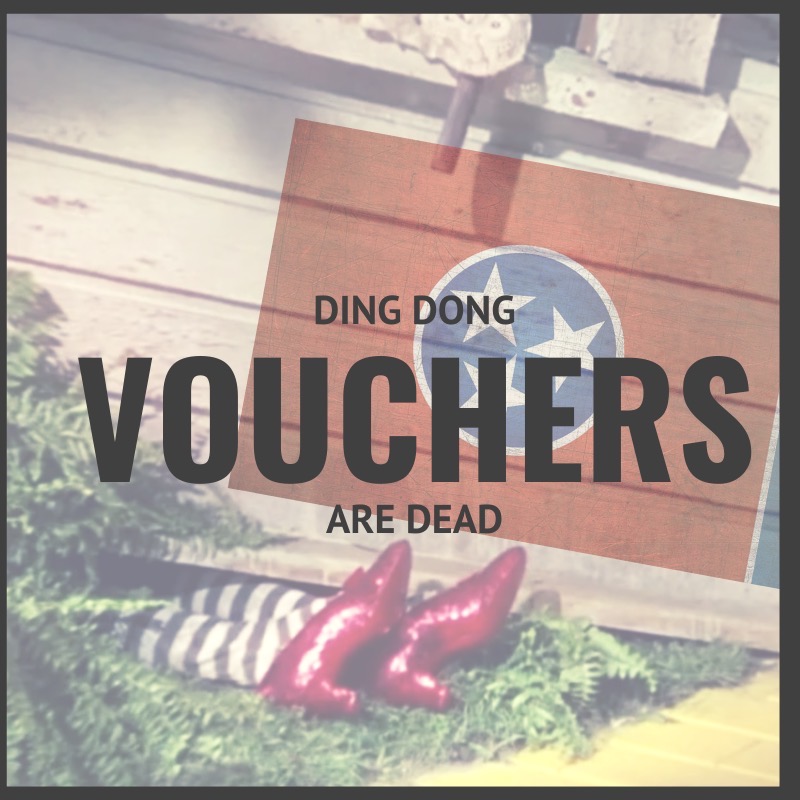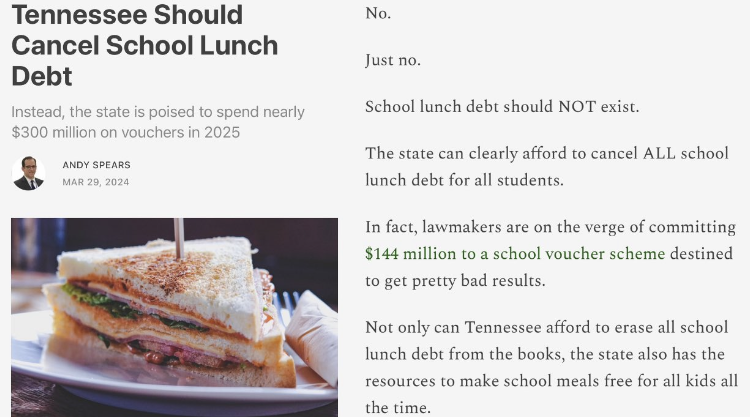Governor fails to win approval of signature policy initiative
Gov. Bill Lee released a statement today admitting his signature legislative initiative, school vouchers, has failed for this session of the General Assembly.
I am extremely disappointed for the families who will have to wait yet another year for the freedom to choose the right education for their child, especially when there is broad agreement that now is the time to bring universal school choice to Tennessee.
Lee has long been an advocate of using public funds to support private schools.
Of course, the state already has a limited school voucher scheme operating in Memphis, Nashville, and Chattanooga.
Despite the likelihood of failure, policymakers rejected the idea of using funds earmarked for vouchers to fund other K-12 initiatives.





